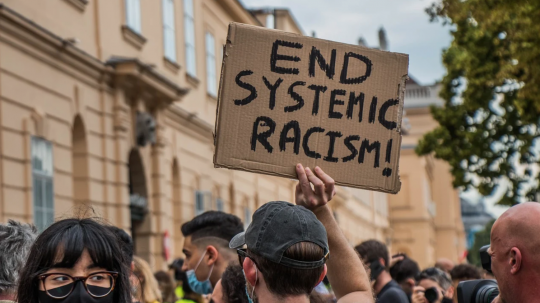
UN Special Rapporteur Philip Alston: Do you know people who have been through that?
Speaker 1: It's people who are privileged enough to make decisions for us. But they've never been in our situations.
Speaker 2: I have been in a lot of temporary accommodation, ranging from like actual housing, private rented hostels and I've actually been homeless for a long period of time before, like being 18 years old.
Speaker 3: Housing is the main source of stability for humans. So when stability is taken away or disrupted, it affects your mental health, it affects your social life, your education, everything in between.
Speaker 4: Our youth centre itself is a portacabin. It's surrounded by luxury flats as well that goes for millions. And this is what young people have to look around all the time. And the issue in our society is when people turn to consumerist products to socially define them it really messes with their mental health.
Speaker 5 : Kids in education, iIf they don't get enough money from their parents, they have to go out get a job for themselves. So then they don't pay attention to their education, they're too busy stressing out about work, then they go to school as well. They have to pay for their own transport, their own food, their own uniform. You've already got bad mental health because you're stressing out, then you get even worse because people are criticising you about the way you dress.
Speaker 2: I've realised that we are in a system of dependency.
Speaker 4: One of the main solutions that would really solve all of these problems is funding into youth services. Where youth workers can reach out to young people. But the youth services are seeing a lot of cuts so youth participation is reducing and the reach of youth workers is diminishing. So funding into youth services would really help solve the issue. Whereas in their life there isn't much stability, maybe due to household problems, maybe due to financial problems, youth centres really provide that stability towards young people.



